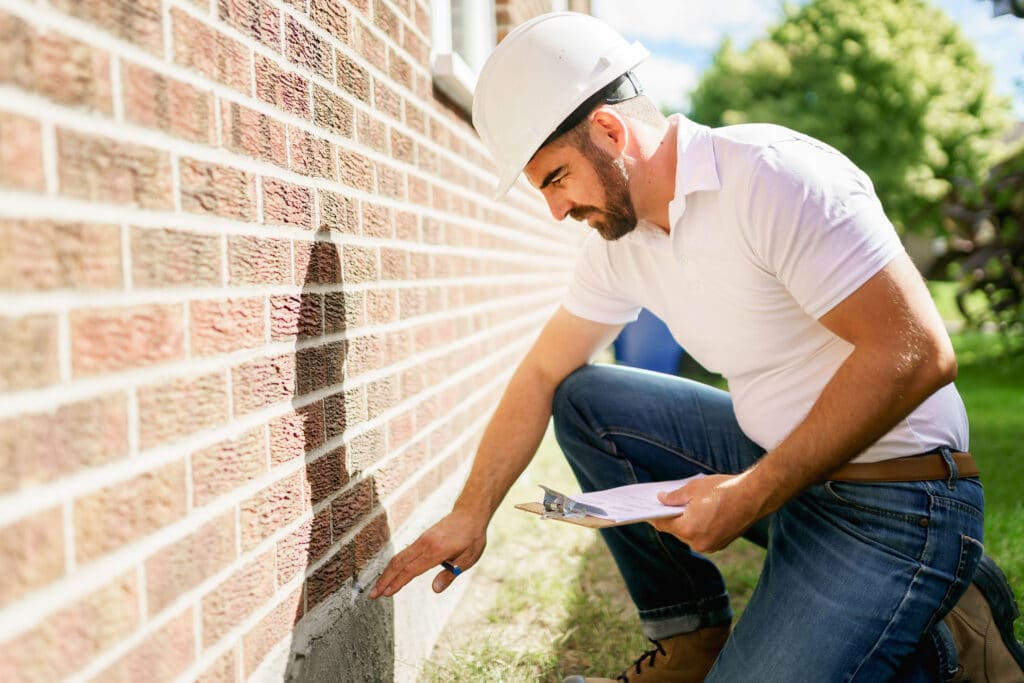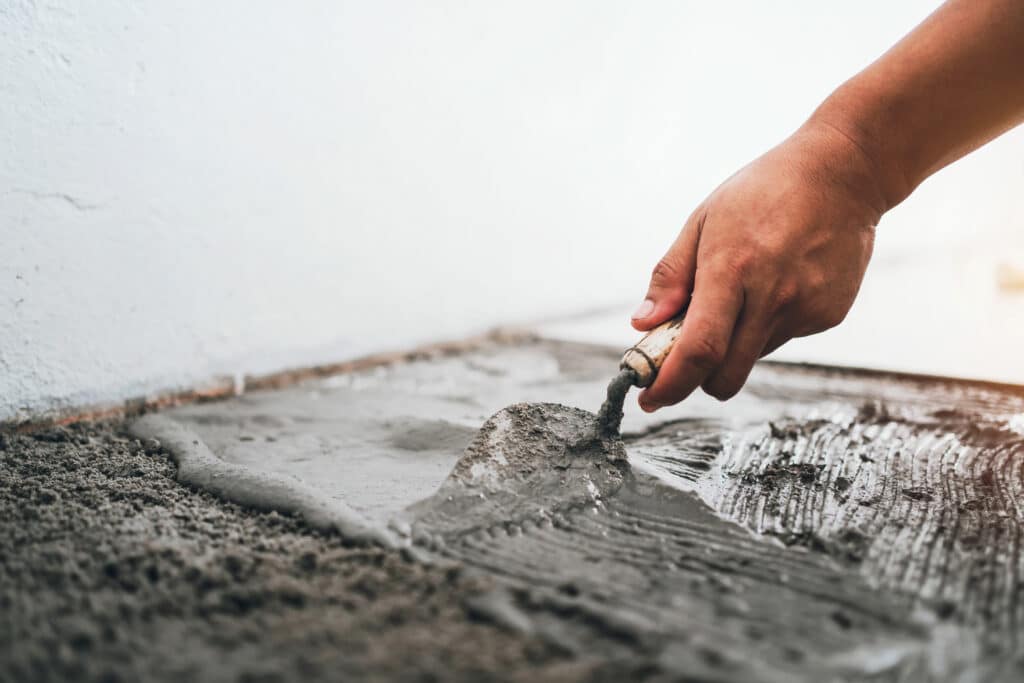Common Causes of Foundation Problems in Seattle
A home in Seattle might experience foundation issues for various reasons. Some are specific to the local environment, while others are widespread nationwide. They include:
- Aging plumbing: The average Seattle home construction year is 1968. If you live in an older home, it's likely to have cast-iron plumbing. When the pipes start to erode, leaking water could reach your foundation and even pool beneath it.
- Standing water: Standing water around your home can be a menace to your foundation, especially when it collects in areas your drainage system doesn't reach.
- Soil composition: Soil with large sand or clay concentrations is highly expansive. In the heavy rainfall Seattle experiences, the soil soaks up moisture like a sponge, then releases it in dry seasons. The constant expansion and contraction puts pressure on nearby foundations, even if the foundations keep dry.
- Improper modifications: Roofing or landscaping work that wasn't performed to standard could result in your foundation settling.
- Tree Roots: Tree roots can intrude into a home's foundation through cracks, and may create stress that results in your foundation fracturing, pipes rupturing, and overall structural deterioration.
How to Choose the Best Foundation Repair Company
Your home's foundation is crucial to its structural integrity, so it's important to work with a trustworthy foundation repair contractor. Assess each contractor using the following factors:
Licensing and Experience
Washington foundation repair companies can be either general or specialty contractors. Look for companies with a concrete certification, showing that they follow best practices in the foundation field. To further understand your contractor's experience, we recommend asking questions about what local codes apply to your project, how the company inspects foundations, and how its team will draft plans and pull permits.
One of the most effective ways to assess a company's reputation is to find its website. Look for how long the company has operated and the accreditations its team holds. Many well-known companies offer educational content for potential customers.
Customer Reviews
When you're researching a company's credibility, visit its Better Business Bureau (BBB) profile. There, you can find its rating and a list of customer reviews, both complaints and positive experiences. Negative feedback doesn't mean a contractor is unreliable. BBB reviews show how the company handled complaints. It's a good sign if the company has fixed issues appropriately and proactively. You should steer clear of a company with numerous negative reviews, no licensure, and no communication regarding issues.
Foundation Repair Cost in Seattle
The price of foundation repair can vary substantially depending on the degree of the issues and what's needed to resolve them. For minor foundation cracking and settling problems, you may pay as little as $1,800. However, if there is considerable damage, the typical cost falls at about $3,000. More involved projects involving tunneling, helical piers, or major mudjacking could cost upwards of $6,900. See below the average foundation repair costs for common issues.
| Common Foundation Repair Services | Average Cost |
|---|---|
| Crack Repair | $358 |
| Leak Repair | $2,889 |
| Stabilization | $5,014 |
| Underpinning | $1,371 |
| Waterproofing | $3,193 |
Ready to Get a Quote on Your Foundation Repair Project?
Please enter a valid 5-digit zip code!
Frequently Asked Questions About Foundation Repair in Seattle
What will I pay to repair my foundation in Seattle?
Can a foundation always be fixed?
What's the most popular foundation type in Seattle?
Is foundation repair covered under my homeowners insurance?
To share feedback or ask a question about this article, send a note to our Reviews Team at reviewsteam@thisoldhousereviews.com.
More Foundation Resources
National Foundation Repair Ranking Methodology
Sources
U.S. Census Bureau (American Communities Survey)
















